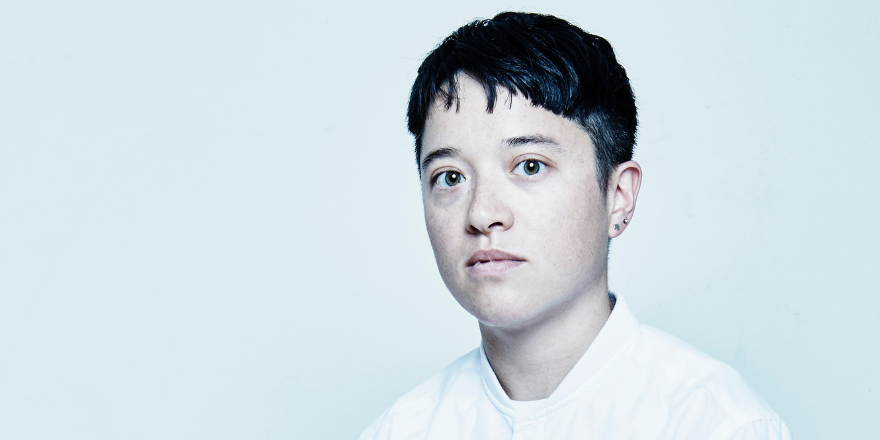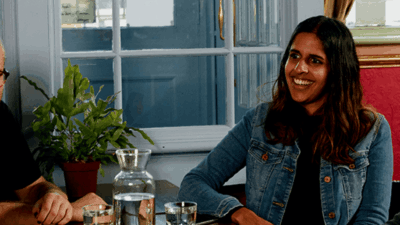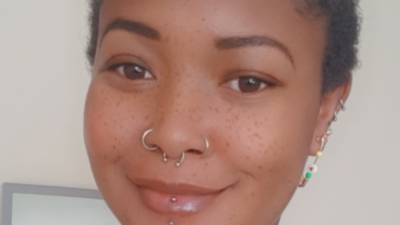The clinic's services were not considered essential

Photo credit: Ali Kapenek
This is a time of loss and loneliness for many people, and for the LGBT+ community, the Coronavirus pandemic continues to be just one of many threats.
Inequalities that already existed have ramped up for the most marginalised LGBT+ people, including LGBT+ people of colour, trans people and people living in poverty. Mason (they/them) is a cultural worker in Glasgow. They told us about losing access to their gender clinic during the pandemic.
How has your life been impacted by COVID-19?
I was due for a third appointment at the gender clinic to qualify for hormone treatment, but due to COVID-19 this appointment and future treatment was postponed for over 11 months, as the clinic's services were not considered "essential".
Despite repeated attempts to seek answers from the NHS, it's unclear to me why the gender clinic is not "essential", when it will reopen, and how I will be able to access any of the services in the future.
Have you faced barriers or challenges accessing support?
I am highly fortunate to have a stable living situation, and a mutually supportive network of friends and family nearby. This has been key to maintaining good mental health.
The redirection of efforts to combat the health crisis has left under-funded parts of NHS services even less able to cope with ongoing stresses of patient demands, and I am certain that the closure and postponement of services such as the gender clinic has contributed to additional and unnecessary pain, anxiety and poor health in my community.
Gender clinics and the services they provide are essential. What these clinic workers provide is invaluable. Prior to COVID-19, the inordinate amount of time people sit on these waiting lists for their services was already intolerable, cruel, irresponsible and a threat to life. That these waiting lists would now be irrelevant because the clinics are closed is even more catastrophic, and a clear indicator that the government is uninterested and is actively divesting from trans lives.



